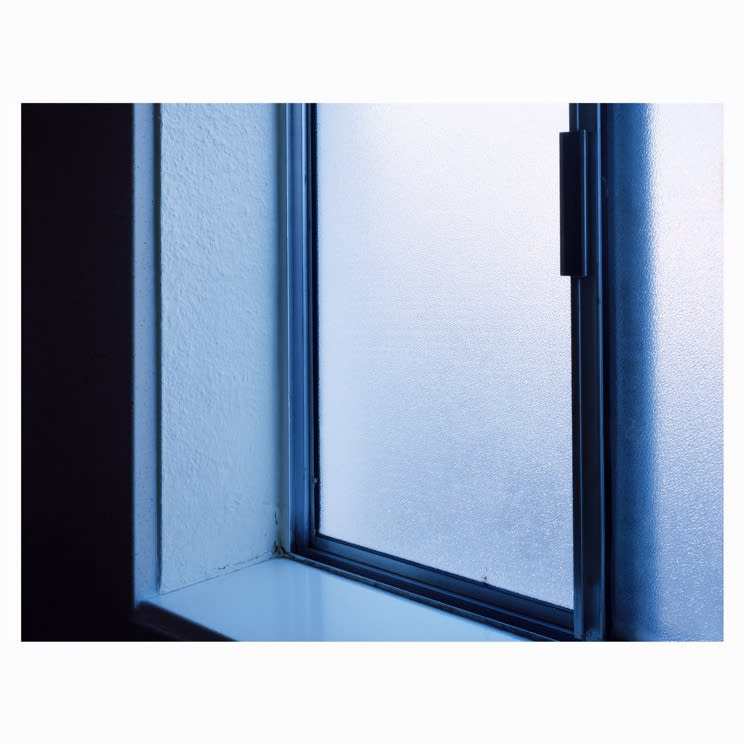Okkyung Lee has built a career out of mining the tonal depths of the cello. In solo work and in collaboration, she has mobilized that bundle of wood, hair and plastic to the widening of her chosen instrument's horizons. In doing so, she has become an eminent experimentalist and manipulator of sound. Never one to omit the romance in the starkest of noise, Okkyung Lee has delivered an album so achingly tender that it is bound to stand as one of this year's best neoclassical releases.
The quartet on Yeo-Neun is rounded out by Jacob Sacks on piano, Eivind Opsvik on bass and Maeve Gilchrist on the harp. While this release marks their first as a group, the familiarity of four years of collaboration is palpable across the entire recording. Even when the players are at their most sonically dispersed, their collective effect covers the listener like a dew. The piano and harp are often engaged in interplay, serving as harmonic and rhythmic scaffolding like leaves between which Lee's cello glides. The bass plods down on and around those musical structures on "here we are (once again)," contributing to the feeling that what one is experiencing is verdant and corporeal.
Yet, there is little crystallization of roles on Yeo-Neun, with instrumental pairs often skirting off in moments of play. "facing your shadows" best represents how this play is built into Lee's songwriting, with the piece wavering in structural integrity between complete abandon and traditional form. Lee's cello playing exemplifies a confidence in movement between order and chaos. At times, she leans on the instrument's well-appreciated ability to turn stressed strings into euphoria. On "in stardust (for kang-kyung ok)," she makes her instrument creak in a way that evokes movement more immediately than any chord could. The performances evoke a mastery of technique both traditional and extended, each cushioned in just the right place.
For all of the tonal and technical flexibility that the performances and composition display, the album's most stirring quality is its ability to establish its own singular sense of place. The mood is reflective and wistful, recalling strangers at one moment and lovers at another, domesticity in one sound and wandering in the next. But these are the reflections of a single life and the desires of a single heart. Okkyung Lee has poured both into Yeo-Neun.
(Shelter Press)The quartet on Yeo-Neun is rounded out by Jacob Sacks on piano, Eivind Opsvik on bass and Maeve Gilchrist on the harp. While this release marks their first as a group, the familiarity of four years of collaboration is palpable across the entire recording. Even when the players are at their most sonically dispersed, their collective effect covers the listener like a dew. The piano and harp are often engaged in interplay, serving as harmonic and rhythmic scaffolding like leaves between which Lee's cello glides. The bass plods down on and around those musical structures on "here we are (once again)," contributing to the feeling that what one is experiencing is verdant and corporeal.
Yet, there is little crystallization of roles on Yeo-Neun, with instrumental pairs often skirting off in moments of play. "facing your shadows" best represents how this play is built into Lee's songwriting, with the piece wavering in structural integrity between complete abandon and traditional form. Lee's cello playing exemplifies a confidence in movement between order and chaos. At times, she leans on the instrument's well-appreciated ability to turn stressed strings into euphoria. On "in stardust (for kang-kyung ok)," she makes her instrument creak in a way that evokes movement more immediately than any chord could. The performances evoke a mastery of technique both traditional and extended, each cushioned in just the right place.
For all of the tonal and technical flexibility that the performances and composition display, the album's most stirring quality is its ability to establish its own singular sense of place. The mood is reflective and wistful, recalling strangers at one moment and lovers at another, domesticity in one sound and wandering in the next. But these are the reflections of a single life and the desires of a single heart. Okkyung Lee has poured both into Yeo-Neun.




